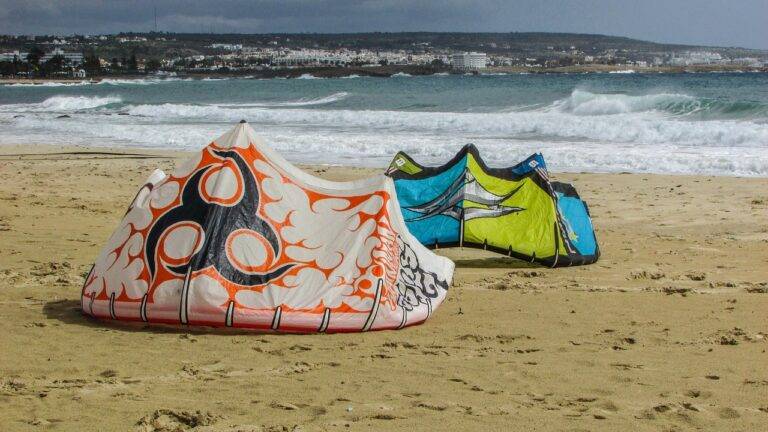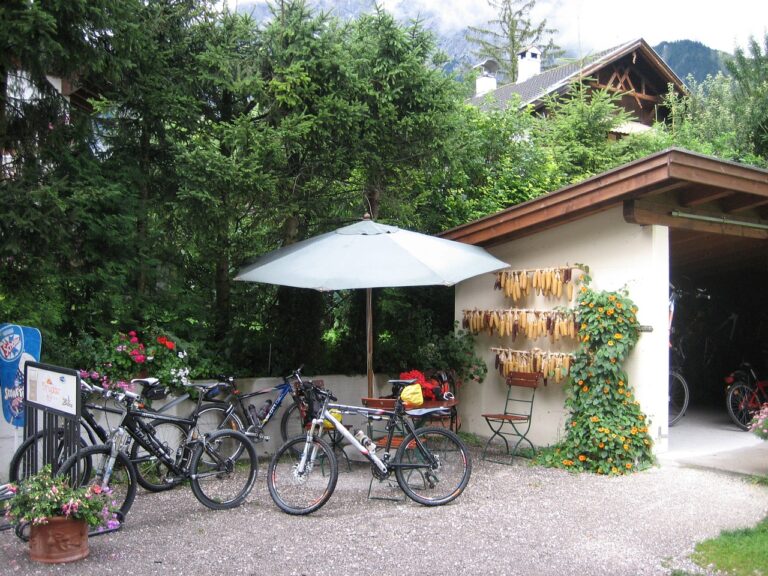Implementing Energy-Efficient Practices in Hotel HVAC Systems: Laserbook 247 com, Lotus299 id, 11xplay reddy login
laserbook 247 com, lotus299 id, 11xplay reddy login: Implementing Energy-Efficient Practices in Hotel HVAC Systems
When it comes to running a hotel, energy consumption is a significant operational cost that can be minimized through energy-efficient practices. HVAC systems in hotels play a crucial role in providing comfort to guests, but they can also be a major source of energy waste if not properly managed. By implementing energy-efficient practices in hotel HVAC systems, hotel owners can reduce their energy bills, decrease their carbon footprint, and create a more comfortable environment for their guests.
1. Conduct Regular Maintenance
One of the key energy-efficient practices for hotel HVAC systems is to conduct regular maintenance. This includes changing air filters, cleaning coils, checking refrigerant levels, and ensuring that the system is running efficiently. Regular maintenance not only prolongs the life of the HVAC system but also improves its energy efficiency.
2. Upgrade to Energy-Efficient Equipment
Another way to improve energy efficiency in hotel HVAC systems is to upgrade to energy-efficient equipment. Investing in high-efficiency HVAC units, such as Energy Star certified systems, can significantly reduce energy consumption and lower operating costs in the long run.
3. Utilize Programmable Thermostats
Programmable thermostats are a cost-effective solution to improve energy efficiency in hotel HVAC systems. By programming the thermostat to adjust temperatures based on occupancy levels and time of day, hotel owners can avoid unnecessary energy waste and create a comfortable environment for guests.
4. Ensure Proper Insulation
Proper insulation plays a crucial role in the energy efficiency of hotel HVAC systems. Insulating walls, windows, and doors can prevent heat loss in the winter and heat gain in the summer, reducing the workload on the HVAC system and lowering energy consumption.
5. Implement Zone Control
Zone control systems allow hotel owners to regulate temperatures in different areas of the hotel separately. By zoning HVAC systems, hotels can avoid heating or cooling unoccupied areas, saving energy and improving overall efficiency.
6. Invest in Energy Management Systems
Energy management systems (EMS) are advanced technology solutions that monitor and control energy usage in hotel HVAC systems. EMS can automatically adjust temperatures, schedule maintenance, and track energy consumption, helping hotel owners make informed decisions to optimize energy efficiency.
Frequently Asked Questions (FAQs)
1. How can I determine if my hotel HVAC system is energy efficient?
You can assess the efficiency of your HVAC system by conducting an energy audit or consulting with a professional HVAC contractor. They can evaluate the system’s performance, identify areas for improvement, and recommend energy-efficient solutions.
2. What are the benefits of implementing energy-efficient practices in hotel HVAC systems?
Implementing energy-efficient practices can reduce energy costs, improve guest comfort, enhance sustainability efforts, and increase the lifespan of HVAC equipment. It can also attract eco-conscious guests and improve the hotel’s reputation.
3. How can hotel owners track energy consumption in HVAC systems?
Hotel owners can use energy management systems, smart thermostats, and monitoring software to track energy consumption in HVAC systems. These tools provide real-time data, energy usage reports, and insights to help optimize energy efficiency.
In conclusion, implementing energy-efficient practices in hotel HVAC systems is essential for reducing energy consumption, lowering costs, and creating a comfortable environment for guests. By following these tips and investing in energy-saving solutions, hotel owners can make a positive impact on the environment while enhancing the overall guest experience.







